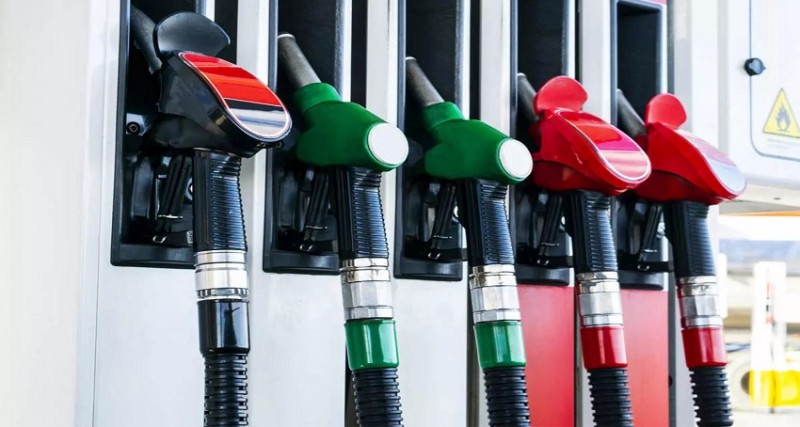
The Indian government, under the leadership of Prime Minister Narendra Modi, is set to intensify efforts to bring petrol, diesel, and natural gas under the Goods and Services Tax (GST) regime, according to Hardeep Singh Puri, India's oil minister. Puri made these announcements as he began his tenure in the new cabinet on Tuesday.
In outlining the government's agenda for the new term, Puri emphasized that there are no plans to sell stakes in state-run oil companies, a move which contrasts with the government's earlier attempts to privatize Bharat Petroleum Corporation Ltd (BPCL).
In 2022, the government halted the divestment process of BPCL after potential bidders failed to secure funds for the acquisition. This decision led to a brief surge in BPCL, HPCL, and IOCL shares before the gains were moderated later in the day. As of 1:20 pm, BPCL, HPCL, and IOCL were trading with modest gains of around 0.5%, 0.8%, and 1.1%, respectively.
Puri also hinted at an increase in oil production from the 98/2 well, stating, "Oil production from the 98/2 well will soon rise to 45,000 barrels per day, with gas production commencing shortly."
Regarding ethanol blending, Puri reaffirmed the government's progress, noting that they have already achieved 15% ethanol blending and are on track to reach the 20% target by next year. He expressed confidence that India would meet the 20% blending target by 2025, earlier than the initial 2030 timeline set by Prime Minister Modi.
The government had initially planned to privatize several state-run companies, including BPCL, in 2019. However, in May 2022, it formally withdrew the offer to sell its 52.98% stake in BPCL due to challenges faced by potential bidders in the global energy market.
Puri also provided updates on the government's initiatives in green hydrogen, despite the restrictions posed by the Model Code of Conduct (MCC) during the Lok Sabha elections. He highlighted the commissioning of a 10 MW plant and the deployment of green hydrogen buses in Delhi and Vadodara.
The government's efforts to include petrol and diesel under GST have been ongoing, with both Puri and Finance Minister Nirmala Sitharaman advocating for the move. Currently, petrol, diesel, natural gas, and aviation turbine fuel (ATF) are not included under GST and are subject to Value-Added Tax (VAT), central excise duty, and central sales tax.
Puri reiterated that the implementation of GST for petrol and diesel hinges on the consensus of the states, as these fuels are major sources of revenue through VAT and other taxes.
"In order to implement this, the states need to agree. We have been prepared for this all along," Puri stated.
Sitharaman, echoing similar sentiments, accused the Congress of adopting "double standards" on the issue.
The government's decision to forego the sale of stakes in OMCs and focus on GST inclusion for petrol and diesel is aimed at streamlining taxation and boosting revenue collections in the energy sector.